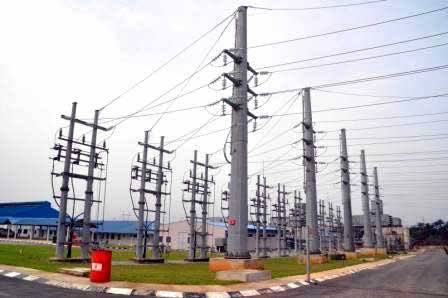A new era of electricity governance is unfolding in Nigeria, as seven states have officially assumed control of their electricity markets, in line with the provisions of the Electricity Act 2023 signed into law by President Bola Tinubu.
According to the Nigerian Electricity Regulatory Commission (NERC), the states now independently regulating their power sectors are Enugu, Ondo, Ekiti, Imo, Oyo, Edo, and Kogi. More states — including Lagos, Ogun, Niger, and Plateau — are expected to complete their transitions between June and September 2025, while Anambra has just passed its electricity law and is preparing to join the decentralised market.
Before the enactment of the new legislation, NERC served as the sole regulatory authority for Nigeria’s electricity sector. However, the Electricity Act 2023 marks a historic shift, allowing individual states to generate, transmit, and distribute electricity within their borders.
This decentralisation is raising mixed reactions across the industry. Power sector operators and experts have expressed concerns about state-level readiness, possible regulatory fragmentation, and disparities in capacity across regions. At the same time, others see opportunities for innovation, private investment, and improved service delivery through locally tailored energy solutions.
The move is widely seen as a response to longstanding challenges in Nigeria’s national grid and electricity supply system, with many believing that giving states more autonomy could accelerate rural electrification, promote renewable energy adoption, and attract capital for infrastructure development.
Experts are calling on states to build strong regulatory institutions, ensure transparency, and prioritise collaboration with private players to successfully manage their newly acquired responsibilities.
As more states begin transitioning, all eyes are on how this decentralised approach will reshape Nigeria’s power landscape and whether it will deliver on the promise of stable, reliable electricity for millions of Nigerians.















